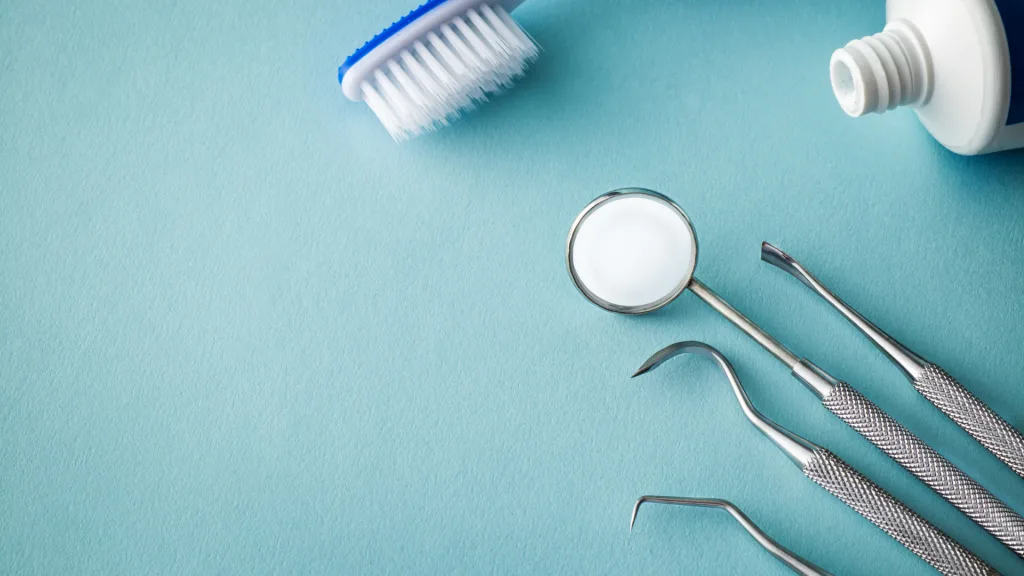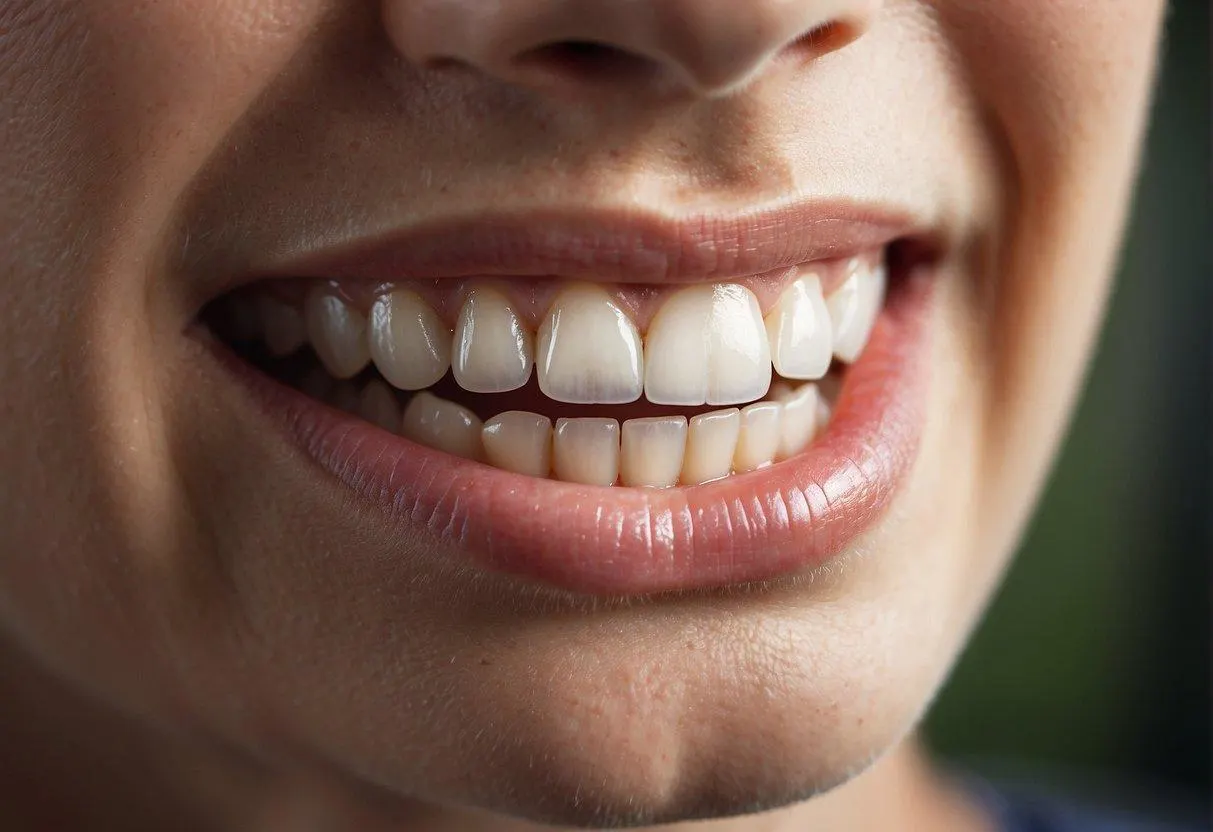Say cheese! You’re at the dentist, and they’re taking x-rays of your teeth. You’re thinking about how great it will be to get a sticker at the end of your appointment, but the dentists in Dubai are looking at something else entirely. They’re checking for wisdom teeth, or third molars, that may be causing problems.

While wisdom teeth removal isn’t always necessary, there are several situations where it may be recommended. If your wisdom teeth are causing pain, infection, or damage to surrounding teeth, your dentist may recommend removal. Additionally, if your mouth doesn’t have enough room for your wisdom teeth to come in properly, they may become impacted and cause issues.
So, when should you consider wisdom teeth removal? It’s best to consult with your dentist or oral surgeon to determine if removal is necessary. They can evaluate your specific situation and provide recommendations based on your individual needs.
Spotting the Tell-Tale Signs of Wisdom Teeth Mayhem
Wisdom teeth, also known as third molars, are the last set of teeth to erupt in the mouth. While some people have enough space in their jaws to accommodate these teeth, others may experience problems that require wisdom teeth removal. Here are some tell-tale signs that it may be time to consider removing your wisdom teeth.
Pain: The Unwelcome Alert
One of the most common signs of wisdom teeth problems is pain. Pain can occur in the gums, jaw, or even the ears. This pain can be caused by a variety of factors, including inflammation, infection, or pressure from the erupting tooth. If you experience persistent pain in the back of your mouth, it may be time to see a dentist.
The Sneaky Onset of Infection
Infection is another sign that your wisdom teeth may be causing problems. When a wisdom tooth partially erupts, it can create a flap of gum tissue that traps food and bacteria. This can lead to infection, which can cause swelling, pain, and even fever. If you experience any of these symptoms, it is important to see a dentist right away.
Impacted Teeth: The Hidden Troublemakers
Sometimes, wisdom teeth can become impacted, which means they are unable to fully emerge from the gums. This can cause a variety of problems, including infection, damage to nearby teeth, and even cysts or tumors. If you experience swelling, pain, or tenderness in the back of your mouth, it may be a sign that your wisdom teeth are impacted and need to be removed.
The Pre-Removal Saga: Consultation and X-Rays

Choosing Your Tooth Fairy: Dentist vs. Oral Surgeon
Before getting those pesky wisdom teeth removed, one must decide who will perform the procedure. Will it be a dentist or an oral surgeon? While dentists are qualified to remove wisdom teeth, oral surgeons specialize in oral and maxillofacial surgery and may be better equipped to handle complicated extractions. It’s important to do some research and choose a qualified professional to ensure a smooth and successful procedure.
X-Rays: The Wisdom Teeth Reveal Party
Once a dentist or oral surgeon is chosen, it’s time for the wisdom teeth reveal party! X-rays are typically taken during the initial consultation to determine the position and condition of the wisdom teeth. According to the American Association of Oral and Maxillofacial Surgeons, regular dental x-rays may not be sufficient for evaluating wisdom teeth, which is why specialized panoramic or cone beam CT scans may be necessary.
During the consultation, the dentist or oral surgeon will review the x-rays with the patient and discuss the best course of action. If the wisdom teeth are impacted or causing issues such as pain, infection, or damage to surrounding teeth, removal may be recommended. However, if the wisdom teeth are healthy and properly positioned, they may not need to be removed.
The Main Event: Wisdom Teeth Extraction Extravaganza

Anesthesia: Nap Time for Adults
Before the surgery, the dentist will give the patient some anesthesia. This is to ensure that the patient doesn’t feel any pain during the procedure. There are different types of anesthesia that can be used. The most common one is local anesthesia. This is where the dentist numbs the area around the tooth with a shot. The patient will be awake during the procedure but won’t feel any pain.
If the patient is anxious or nervous, the dentist may also give them some sedation anesthesia. This is where the patient is given medication to help them relax. The patient will still be awake but will be in a dream-like state. They won’t feel any pain and may not remember much about the procedure.
Surgery Shenanigans: Removal and Recovery
Once the anesthesia has taken effect, the dentist will begin the surgery. To remove the wisdom teeth, the dentist will make a small incision in the gum tissue. They will then remove the tooth and any debris from the socket. The dentist may need to use stitches to close the incision.
After the surgery, the dentist will place some gauze over the socket. This is to help stop any bleeding. The patient will need to bite down on the gauze for about 30 minutes to an hour. The dentist will also give the patient some instructions on how to care for the wound. This will include things like how to rinse their mouth and what foods to eat.
Aftermath: Gauze, Gargles, and Grins
After the surgery, the patient will need to take it easy for a few days. They may experience some pain and swelling. The dentist will give the patient some pain medication to help manage the pain. They may also prescribe some antibiotics to prevent infection.
The patient will need to keep the gauze in place for a few hours after the surgery. They should also avoid drinking through a straw or smoking for at least 24 hours. This is to prevent a condition called dry socket. This is where the blood clot that forms in the socket is dislodged. It can be very painful and may require additional treatment.
Overall, the recovery process can take anywhere from a few days to a few weeks. The patient should follow the dentist’s instructions carefully to ensure a smooth recovery.
Post-Op Party: Healing and Managing the Mischief
After undergoing wisdom teeth removal surgery, the healing process can be a bit of a rollercoaster ride. It’s important to be prepared for the recovery process and take the necessary steps to ensure a smooth recovery. In this section, we will discuss some tips and tricks to help manage the mischief that comes with post-op healing.
Diet: A Culinary Adventure with Soft Foods
One of the most important things to consider after wisdom teeth removal surgery is your diet. For the first few days, it’s best to stick to soft foods such as yogurt, mashed potatoes, and soup. Avoid crunchy or hard foods that can irritate the surgical site. Also, try to avoid using straws, as the sucking motion can dislodge the blood clot and cause a dry socket.
Avoiding the Party Poopers: Dry Sockets and Infections
Dry sockets and infections are two of the most common complications that can occur after wisdom teeth removal surgery. To avoid dry sockets, it’s important to avoid smoking or using tobacco products for at least 24 hours after surgery. Also, be sure to follow your dentist’s instructions for cleaning your mouth and taking any prescribed medications. If you experience any symptoms of an infection, such as fever or swelling, contact your dentist immediately.
Dental Insurance and Medications
Before undergoing wisdom teeth removal surgery, it’s important to check with your dental insurance provider to see if the procedure is covered. Also, be sure to follow your dentist’s instructions for taking any prescribed medications, such as pain relievers or antibiotics.
Cleaning Your Mouth
Keeping your mouth clean after wisdom teeth removal surgery is essential for preventing infections and promoting healing. Your dentist may recommend using a special mouthwash or saltwater rinse to help keep the surgical site clean. Be sure to follow your dentist’s instructions for cleaning your mouth to ensure a smooth recovery.
American Dental AssociationThe American Dental Association recommends that anyone considering wisdom teeth removal surgery should consult with a licensed dentist or oral surgeon. They also recommend that patients should be aware of the risks and benefits of the procedure before making a decision.

Jessi is the creative mind behind The Coffee Mom, a popular blog that combines parenting advice, travel tips, and a love for all things Disney. As a trusted Disney influencer and passionate storyteller, Jessi’s authentic insights and relatable content resonate with readers worldwide.
